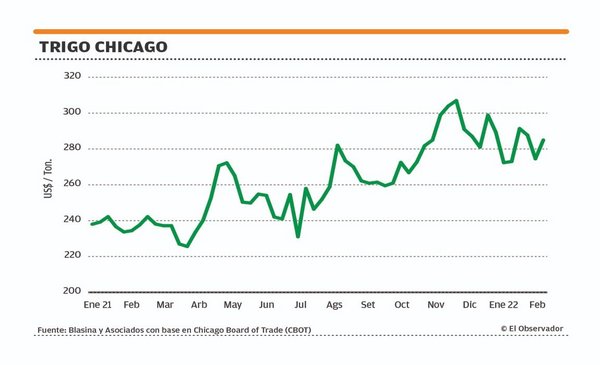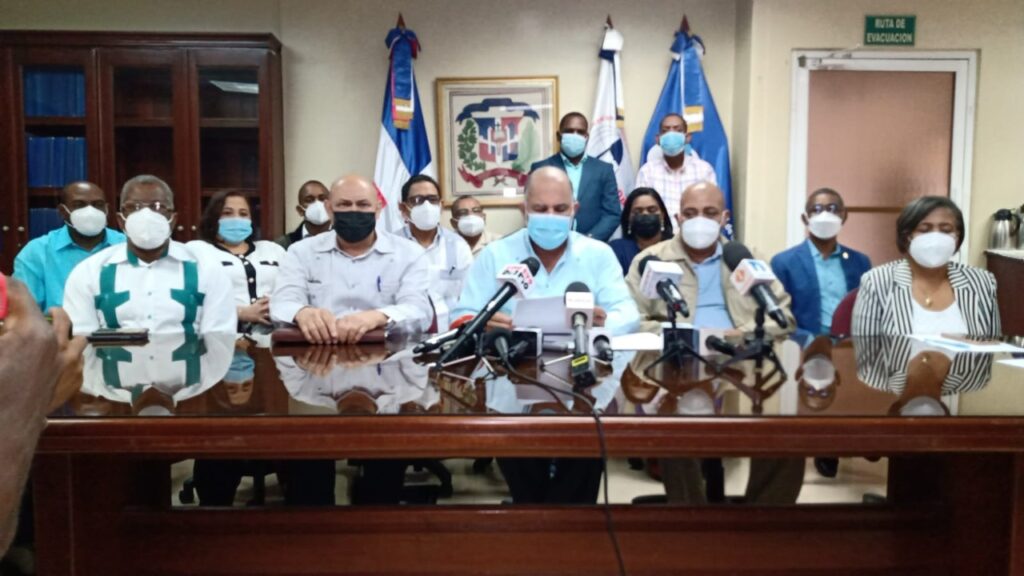Production cuts as a priority issue at this time in world agriculture will continue to make headlinesprobably because the next two weeks come with little rain over Argentina and Uruguay; in Brazil they estimate that the cuts in the projection of the United States Department of Agriculture (USDA) this week will fall short.
The market was very volatile this weekbut marked again a nine-month high and is approaching the highest historical prices.
After many years, soybeans were sold at US$600 per ton.
by drag, rises the price of corn, which in Uruguay begins to be harvested and probably a toning of winter crop prices will come.
How much the region’s soybean production may fall is the central issue.
After the USDA report that placed the Brazilian soybean harvest at 134 million tons, in Brazil the National Supply Company (Conab) placed that harvest at 125 million.
That leads to the assumption that the cuts will continue (145 million tons harvested in the spring were expected).
But the market is tremendously volatile, proof of this is what happened on Thursday with a rise that took soybeans to US$ 600, however during that same afternoon it went above US$ 585.
EO
Meanwhile, the corn market is also moving firmly, consolidated by firm meat and dairy prices and uncertainty about the volume of the harvest.
On the other hand, another interesting move this week is on the side of ricewhich in Brazil has been picking up due to the appreciation of the currency and once again because La Niña and the drought in southern Brazil have led to a significant loss of rice area.
If the few rains are confirmed in the second half of February, international prices will continue to be volatile, but the balance will be bullish for soybeans and corn and, consequently, also for wheat and barley that will be sown next fall.
Wheat remains relatively stable for now, but… until when?
The boom in raw materials continues in full force and each day of sun and heat will aggravate the shortage of grains, which today is already a central issue in agricultural markets.
If Uruguay achieves an acceptable harvest, through prices it will close a good agricultural year, but the risk for production in the remainder of the summer remains high, considering once again the short-term rain forecasts.

john samuel
Soybean cultivation in Uruguay.
















